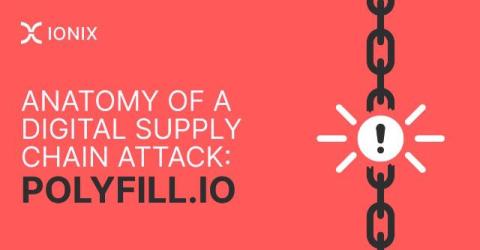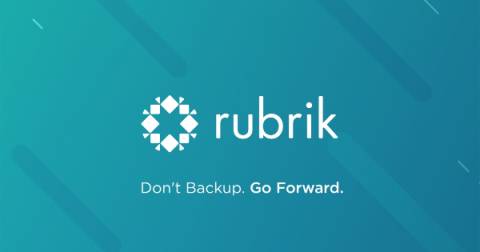The 4 Most Common Attack Vectors in LATAM
The digital footprint of organizations has evolved and grown significantly over the past 10 years, now its important to not only protect just IP addresses and domains but also social media, payment platforms, and third-party services. Identifying risks like vulnerabilities, supply chain attacks, and credential leaks are crucial for organizational security. The Cyberint team have analyzed 1000s of risks and threats and narrowed down the top 4 risks facing Latin America in 2024 and going into 2025.











